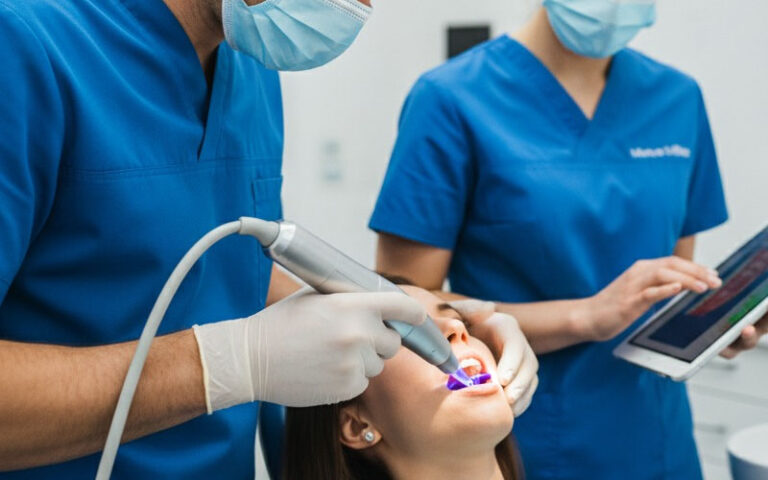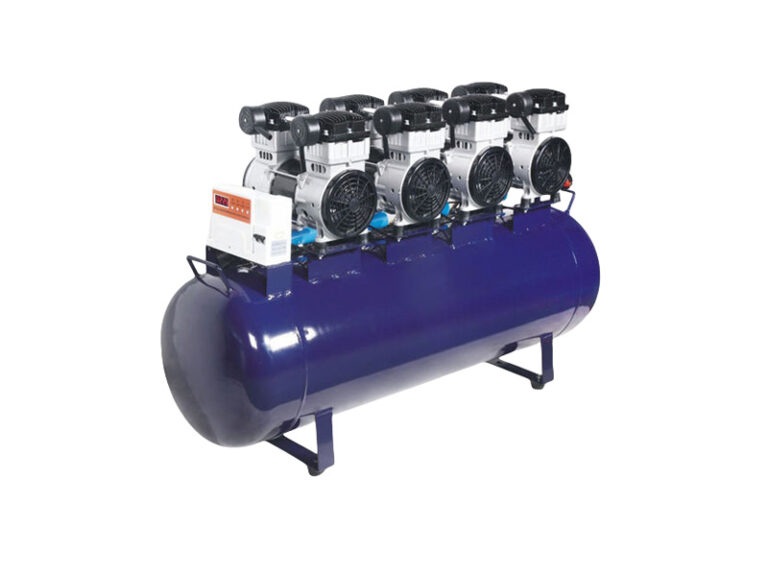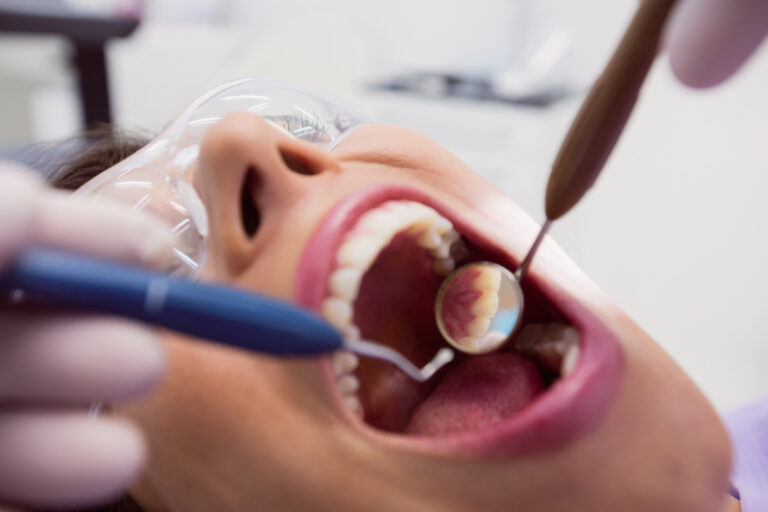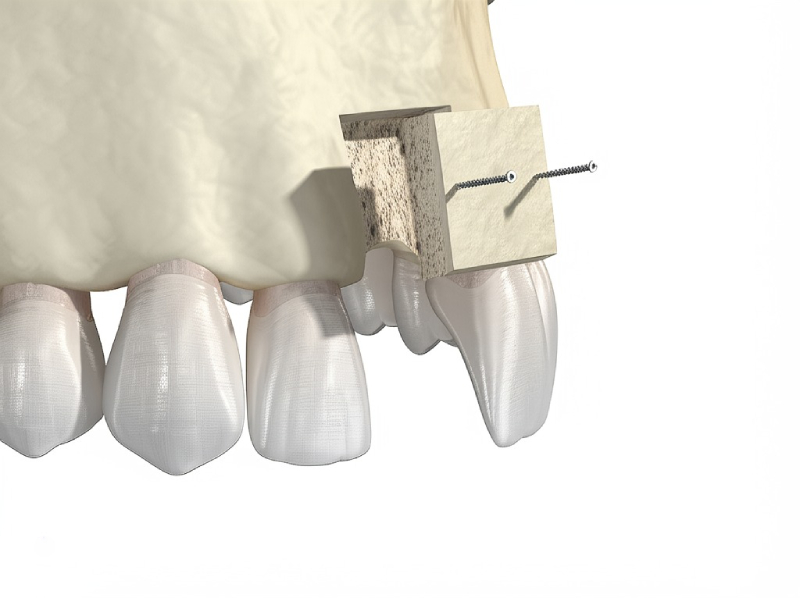
7 Best Teeth Straightening Options for Your Smile (2025 Guide)
Do you wish your smile was straighter? Lots of people do. Straight teeth aren’t just about looking good—they let you chew better, speak more clearly, and help keep your mouth cleaner and healthier. In this article, I’ll walk you through the seven top ways to straighten your teeth. You’ll see the good and bad about each, what they usually cost, how long they take, and which ones might fit your life. I’ll also answer some common questions you probably have. If you’ve ever worried about crooked teeth, big spaces, or want to help your kid, this guide will help you. Let’s jump in!
Table of Contents
Why Should You Straighten Your Teeth?
You might ask—why bother straightening your teeth? Isn’t it just for a nice smile? That’s part of it, but there’s more!
Straight teeth are easier to keep clean. If your teeth are crowded together or there are gaps, food and germs can get stuck. That can cause holes in your teeth and even gum disease. Ever find it hard to floss when your teeth are really close together? That can turn into bigger problems.
Having straight teeth helps you bite right. If your teeth don’t fit together, it might be tough to bite things like apples. Some folks even get headaches or jaw pain from a bad bite (called malocclusion).
And, honestly—a straight smile helps you feel better about yourself. Whether you’re hanging out with friends, going to a job interview, or snapping a selfie, it feels good to know your teeth look nice.
What Are Traditional Metal Braces?
When you think about fixing crooked teeth, you probably picture metal braces. I remember when my little brother got them—he was worried at first, but he got used to them pretty fast.
Traditional metal braces use tiny metal squares. The orthodontist glues these onto your teeth. Then, a metal wire runs through them. Every month or so, the orthodontist tightens that wire to move your teeth slowly.
Who should get metal braces? If your teeth are really crowded, you have a big overbite, or large gaps, metal braces work best. They’re strong and work for kids, teens, and adults.
Pros:
- Great for fixing tough problems
- Very strong and last a long time
- Cost less for big problems
Cons:
- Most people will notice them
- Some foods get stuck or can even break them
- Your mouth might feel sore after they’re tightened
Cost: Usually $3,000 to $7,000
Treatment time: 18 to 36 months
How Do Clear Aligners Work?
Maybe you don’t want metal on your teeth. Maybe you want something you can take out to eat and brush. Here’s where clear aligners come in.
Clear aligners like Invisalign and ClearCorrect are plastic trays made just for your teeth. You pop them in, wear each set for a couple of weeks, and they slowly move your teeth straight—just by wearing them most of the day.
Who wears clear aligners? They’re really popular with adults and teens who want to keep things private. They work best if you only need small or medium changes.
Pros:
- Almost invisible
- You can take them out to eat and brush
- More comfy (no metal poking)
Cons:
- You have to wear them 22 hours a day
- Easy to lose or break
- Not for really tough problems
Cost: $4,000 to $8,000
Treatment time: 12 to 24 months
Want to see how it works start to finish? Check out our Invisalign timeline comparison.
Are Ceramic Braces a Good Option?
If you want something strong but less easy to see, ceramic braces are a lot like metal braces, but the pieces are clear or look like teeth. You still see your orthodontist for check-ups.
Parents often choose ceramic braces for teens who don’t like the look of metal ones.
Pros:
- Harder to spot
- Fixes tough problems as well as metal braces
Cons:
- Cost more than regular braces
- Can stain if you don’t brush well
- Not as strong if you play rough sports
Cost: $4,000 to $8,000
Treatment time: 18 to 36 months
What Are Lingual Braces?
This option is cool if you never want anyone to see braces on your teeth. Lingual braces are like metal ones, but they attach to the back (tongue side) of your teeth so no one sees them from the front.
If you talk to people face-to-face a lot, like teachers or on camera, you might really like these.
Pros:
- Totally hidden—no one can see them
- Works for many tough teeth problems
Cons:
- Hard to clean and get used to
- Most expensive
- Might make your tongue sore or change how you talk at first
Cost: $8,000 to $12,000
Treatment time: 18 to 36 months
Can You Straighten Teeth at Home?
You’ve heard of Byte, SmileDirectClub, and other at-home clear aligners online. How do these work? They send you a kit to take pictures and a mold of your teeth. They make custom trays and send them in the mail. You talk to their dentist or orthodontist online.
This is the cheapest and fastest pick, but only go for it if your teeth need just a little help. If you have bigger issues, see a real dentist in person!
Pros:
- Cheapest way
- No dental office visits, super easy
Cons:
- Won’t work for big or tricky issues
- No in-person doctor to check if things go wrong
- Doesn’t do every kind of tooth movement
Cost: $1,800 to $4,000
Treatment time: 4 to 12 months
Worried about risks? Check our guide on dangers of DIY braces.
Will Dental Veneers Make Your Smile Straighter?
Sometimes, you don’t need to move your teeth. If you have a little chip, a small gap, or slightly crooked teeth, veneers can cover the front of your tooth to make it look straight.
Dentists use thin covers made of porcelain or tooth-colored filling. It’s a fast fix, usually in 2 or 3 appointments. But keep in mind—veneers are for small fixes and good bites. They don’t move your teeth.
Pros:
- Quick—done in just weeks
- Makes teeth the right shape and color too
- Lasts a long time
Cons:
- Doesn’t change your bite or move teeth
- You lose a little enamel
- Not cheap, especially if you need more than one
Cost: $900 to $2,500 per tooth
Treatment time: 2–3 weeks
Is Dental Bonding Good for Small Fixes?
If you have a tiny gap or a weird-shaped tooth, dental bonding is another fast fix. The dentist uses tooth-colored glue to shape the tooth. Usually it takes just one visit—you walk out with a new look. Again, this is a cover-up, not tooth-moving.
Pros:
- Really quick (just one visit)
- Cheaper than most other choices
- Doesn’t take off any enamel
Cons:
- Only for very small fixes
- Can stain over time
- Not as tough as veneers or braces
Cost: $300 to $600 per tooth
Treatment time: 1–2 hours
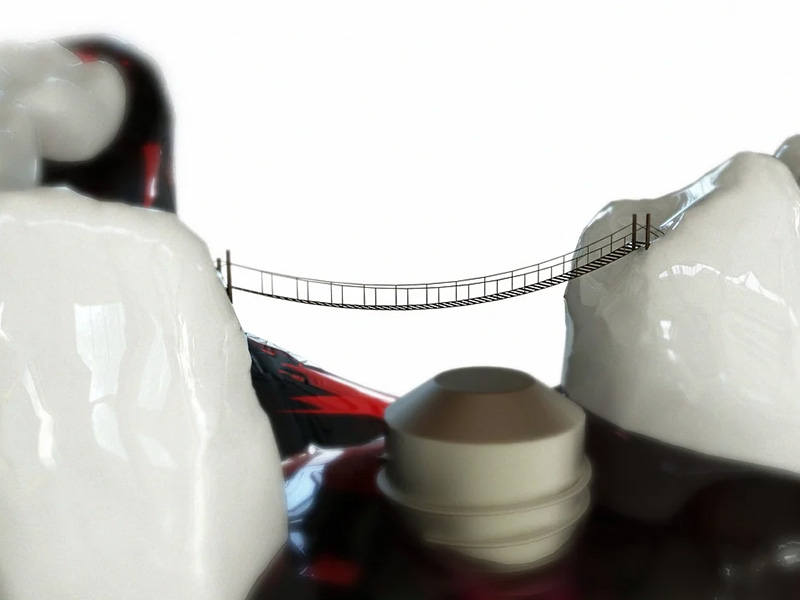
How Do I Choose the Right Option?
You’re probably thinking, “Which way should I pick?” Don’t stress. Everyone’s teeth are different, and what works for your friend might not work for you.
Think about your problem. Is it a small gap? Or do your top and bottom teeth not line up? The trickier your teeth, the more you need a real orthodontist’s help.
Next, think about your life. Can you wear aligners all day and night without losing them? Will food rules with braces get to you? Are you okay with visible metal on your teeth?
And don’t forget the money part. If braces sound pricey, check if you can get payment plans, dental insurance, or use Flex/HSA savings accounts.
What Should I Think About Before I Start?
Don’t just jump in! Here’s what you should think about:
1. Always See an Orthodontist First
Even if you like the idea of clear aligners or kits you do at home, see a real orthodontist before you start. Why? Some things, like bone issues or bad crowding, won’t show in a picture or video call. A dentist might use X-rays or a digital scanner (like the iTero Element Scanner) to make sure you’re a good fit.
2. Know the True Cost
There’s more to the price than just the first bill. Ask about retainers, check-ups, and any care after your braces come off. See what your insurance pays. A lot of places let you pay in parts or use CareCredit.
3. Think About Your Routines
Some folks love aligners until they lose them at lunch. Others find braces are a pain to clean. Whatever you pick, you’ll need to stick to a cleaning plan.
4. You’ll Need a Retainer After
No matter what, your teeth will move back if you don’t wear a retainer when you’re done. It could be a clear tray (like Vivera retainers) or a wire glued behind your teeth (permanent retainer). If you skip this, your teeth might shift again.
Table: Comparing Teeth Straightening Methods
| What to Know | Metal Braces | Clear Aligners | Ceramic Braces | Lingual Braces | At-Home Aligners |
|---|---|---|---|---|---|
| Cost | $3,000–$7,000 | $4,000–$8,000 | $4,000–$8,000 | $8,000–$12,000 | $1,800–$4,000 |
| Time | 18–36 months | 12–24 months | 18–36 months | 18–36 months | 4–12 months |
| Best For | Any age, hard cases | Teens/adults, easier cases | Tough problems, less visible | Adults, totally hidden | Minor fixes only |
| Can You See It? | Yes | Almost not | Barely | Not at all | Almost not |
| Care Needed | High | Medium | High | Really high | Low |
| Office Visits? | Yes | Yes | Yes | Yes | No |
Common Questions Answered
What’s the fastest way to straighten teeth?
At-home aligners work in 4–12 months for small stuff. But remember, fast isn’t always better—especially with tricky teeth. A dentist makes sure your teeth and bones stay healthy.
Can I straighten my teeth without braces?
Yes! You can use clear aligners, veneers, or bonding for small issues. For bigger ones, you probably need braces or orthodontic care.
Will straightening hurt?
You might get sore, mainly after an adjustment. Your teeth and gums are moving. Most folks feel better after a few days.
Are at-home kits safe?
If your teeth just need a little help and a dentist looks over the results, at-home kits can be safe. For big bite, bone, or jaw problems, see a real orthodontist in person.
Quick Summary: Key Takeaways
- Getting straight teeth helps with looks, eating, and feeling good.
- Metal braces are best for tricky issues and growing kids.
- Clear aligners work great for people who want something hidden you can take out.
- Ceramic braces fix hard problems and don’t stand out.
- Lingual braces hide behind your teeth so no one sees.
- At-home aligners cost less for easy fixes, but see a pro first!
- Veneers and bonding don’t move teeth, but they hide small things fast.
- Always see an orthodontist before starting, so you don’t mess up your bite.
- Wear a retainer afterwards or your teeth will move back.
- Think about price, your daily life, and if you’ll stick with the care plan.
Ready to learn more? Book a visit with an orthodontist or check out how to clean your clear aligners. A better smile is just one step away!

